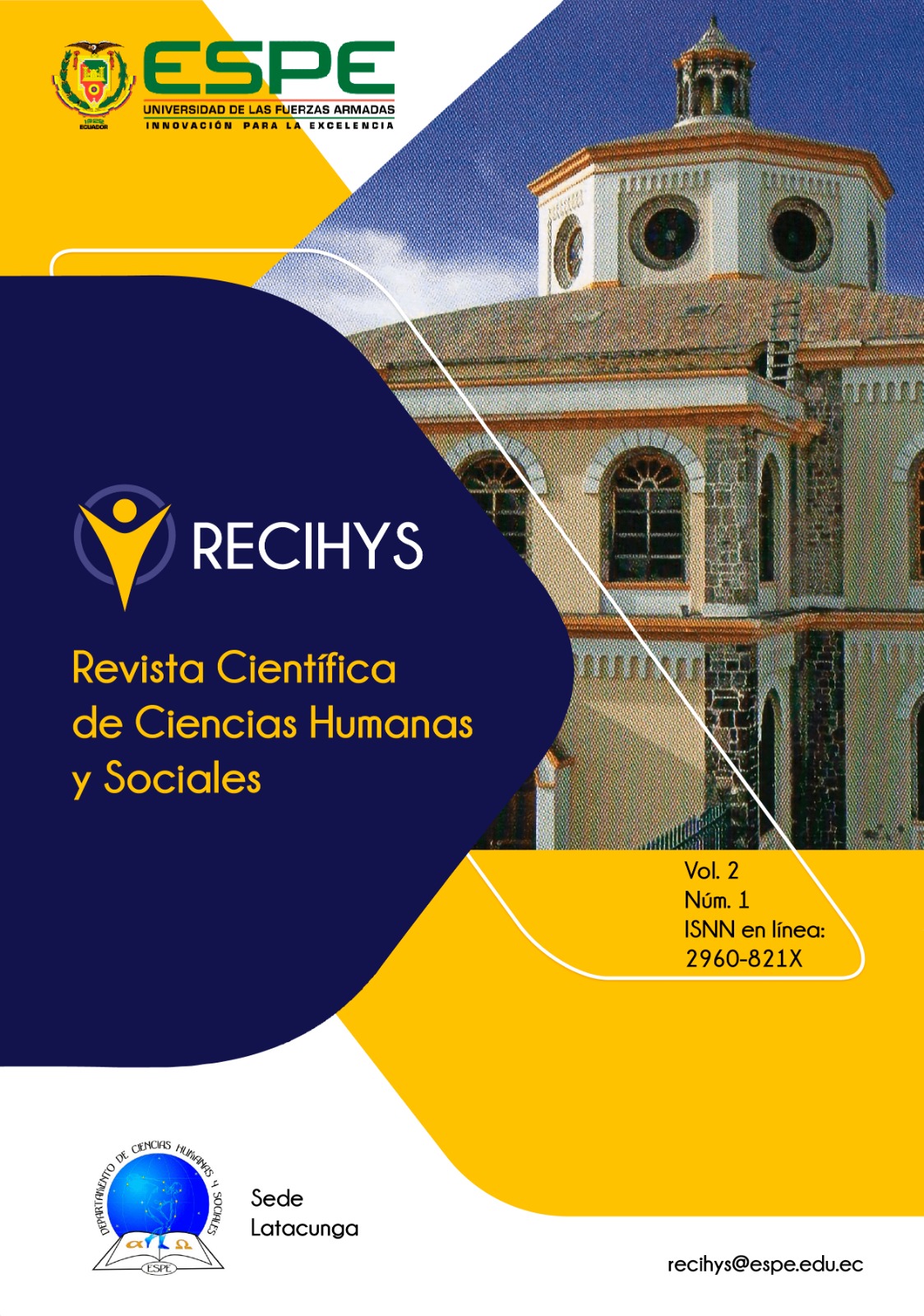Neutral? behaviors in criminal law: A systematic review
Main Article Content
Abstract
The research work aims to establish the importance of an issue in criminal law: whether there are neutral behaviors. To carry out this study, a qualitative methodology was applied using the inductive-deductive method. Different aspects were considered that distinguish between innocent collaboration and criminal participation.
It has been argued that self-responsibility should be the limiting criterion of complicity, implying that those who provide advice without knowledge of the illicit use cannot be considered accomplices.
It was found that assigning terms such as "neutral" or "daily" to certain behavior has no objective basis. The importance of establishing limits on complicity as a measure to ensure legal certainty and safeguard the effective protection of legal rights was highlighted.
Finally, it was determined that the character of the behavior, which is neutral, will lose its neutrality when there is knowledge or active cooperation in the commission of the crime.
Downloads
Article Details

This work is licensed under a Creative Commons Attribution 4.0 International License.
Authors who publish in this journal agree to the following terms: Authors retain the copyright and guarantee the journal the right to be the first publication of the work, as well as, licensed under a Creative Commons Attribution License that allows others share the work with an acknowledgment of the authorship of the work and the initial publication in this journal. Authors may separately establish additional agreements for the non-exclusive distribution of the version of the work published in the journal (for example, placing it in an institutional repository or publishing it in a book), with acknowledgment of its initial publication in this journal. Authors are allowed and encouraged to disseminate their work electronically (for example, in institutional repositories or on their own website) before and during the submission process, as it may lead to productive exchanges as well as further citation earliest and oldest of published works.
How to Cite
References
Ambos, K. «Beihilfe durch Alltagshandlungen», Juristische Arbeitsblatter, 2000, p. 721 y s
Cevallos, A. (2023). Asesores fiscales y defraudación tributaria: Claves para entender su autoría y participación en el Derecho Penal Español. REVISTA CAP JURÍDICA CENTRAL, 7(13), 70-90.
Codina, L. (2020). Cómo hacer revisiones bibliográficas tradicionales o sistemáticas utilizando bases de datos académicas. Revista ORL, 11(2), 139–153. https://doi.org/10.14201/orl.22977
De La Mata Barranco, N. «Ausencia de neutralidad profesional y posibilidades dogmáticas de atribución penal de responsabilidad al asesor fiscal», Revista General de Derecho Penal 33 (2020)
Jakobs, G. Derecho Penal Parte General, Fundamentos y teoría de la imputación. Editado por Traducción: Joaquín CUELLO CONTRERAS; José Luis GONZÁLEZ DE MURILLO. 2.a ed. Madrid: Marcial Pons, Ediciones Jurídicas, S. A., 1997
Jakobs, G.; Polaino Navarrete, M. y Polaino-Orts, M. Bien jurídico, vigencia de la norma y daño social. Lima: Ara Editores, 2010.
Jhon, J. y Polaino-Orts, M. «Neutralidad y acción en derecho penal. Consecuencias dogmáticas.», en Cuestiones actuales en Derecho Penal. Tendencias y perspectivas (Resistencia: ConTexto, 2012), p. 101-124.
Knauer, F. «Zur Wiederkehr der Sozialadäquanz im Strafrecht–Renaissance einer überholten Rechtsfigur oder dogmatische Kategorie der Zukunft?», Zeitschrift für die gesamte Strafrechtswissenschaft 126 (2014), p. 844-865
Knauer, F. «Zur Wiederkehr der Sozialadäquanz im Strafrecht–Renaissance einer überholten Rechtsfigur oder dogmatische Kategorie der Zukunft?» Zeitschrift für die gesamte Strafrechtswissenschaft 126 (2014): 844-65.
Lascuraín, J. «La repsonsabilidad penal individual en los delitos de empresa». En Derecho Penal Económico y de la Empresa. Madrid: Editorial DYKINSON, 2018.
Martínez-Buján, C. «Autoría y Participación en el delito fiscal». En El delito fiscal. Aspectos penales y tributarios, 109-33. Barcelona: Atelier, 2019.
Miró Llinares, F. «Imputación ¿objetiva?, conocimientos ¿especiales? y conductas ¿neutrales?. Análisis a partir del caso de la mujer que lavaba la ropa del secuestrado (Sentencia del Tribunal Supremo de 21 de febrero de 2005)», en ¿Casos difíciles o irresolubles?, Madrid (Editorial DYKINSON, 2010).
Niedermair, H. «Straflose Beihilfe durch neutrale Handlungen?» De Gruyter, 1995, 507-44.
Otto, H. «Das Strafbarkeitsrisiko berufstypischen, geschäftsmäßigen Verhaltens». JuristenZeitung, 2001, 436-44
Rodríguez, A., & Pérez, A. (2017). Métodos científicos de indagación y de construcción del conocimiento. Rev. No. 82, 179-200. DOI: https:// doi.org/10.21158/01208160.n82.2017.164
Roxin, C. Derecho Penal Parte General. Tomo II. Especiales formas de aparición del delito. Editado por Miguel DÍAZ Y GARCÍA CONLLEDO y Javier DE VICENTE REMESAL de la traducción y notas, Diego LUZÓN PENA, José PAREDES CASTAÑÓN. Navarra: Thomson Reuters, 2014.
Schurmann Opazo, M. «El tratamiento de las denominadas acciones neutrales a título de complicidad en el derecho penal alemán». Revista de derecho (Coquimbo) 28 (2021).
Von Kühlewein, M. «Strafrechtliche Haftung bei vorsätzlichen Straftaten anderer». JuristenZeitung, 2002, 1139-46
Wohlers, W. «Berufstypische, neutrale Handlungen eines Rechtsanwalts als strafbare Beihilfe». Juristische Rundschau 10 (2017): 583-87.

